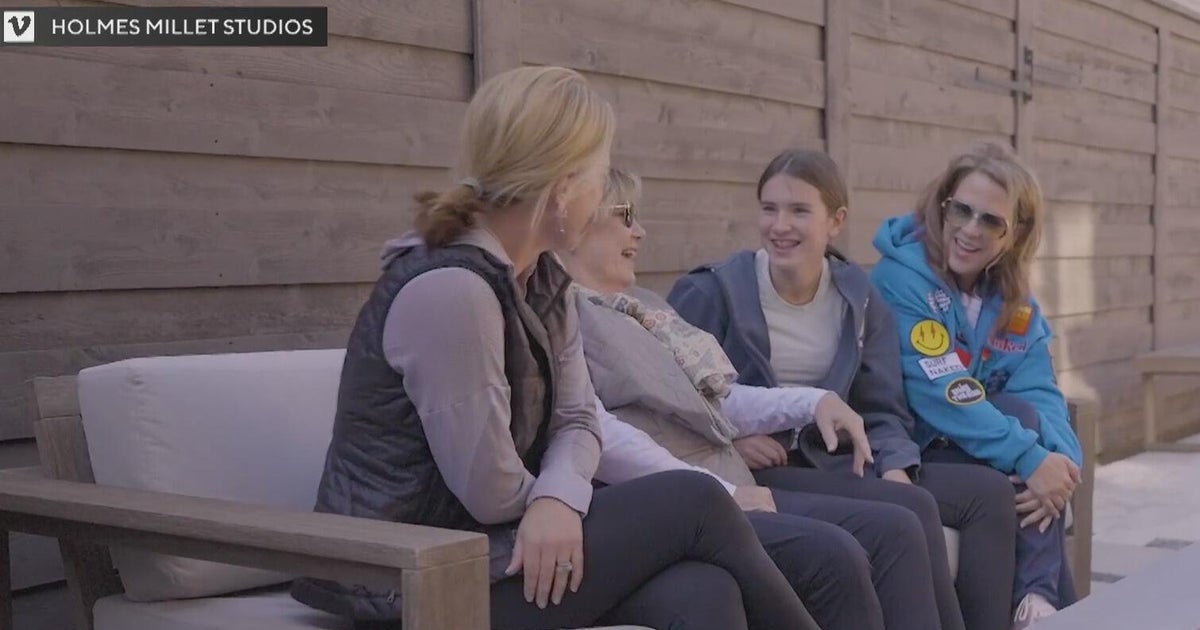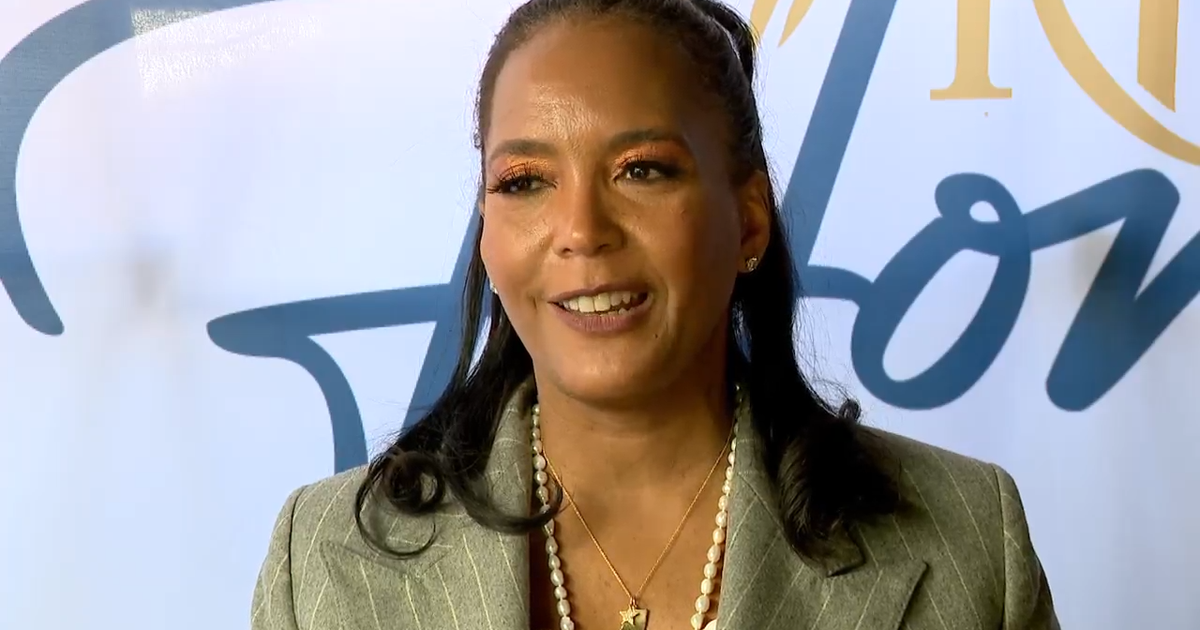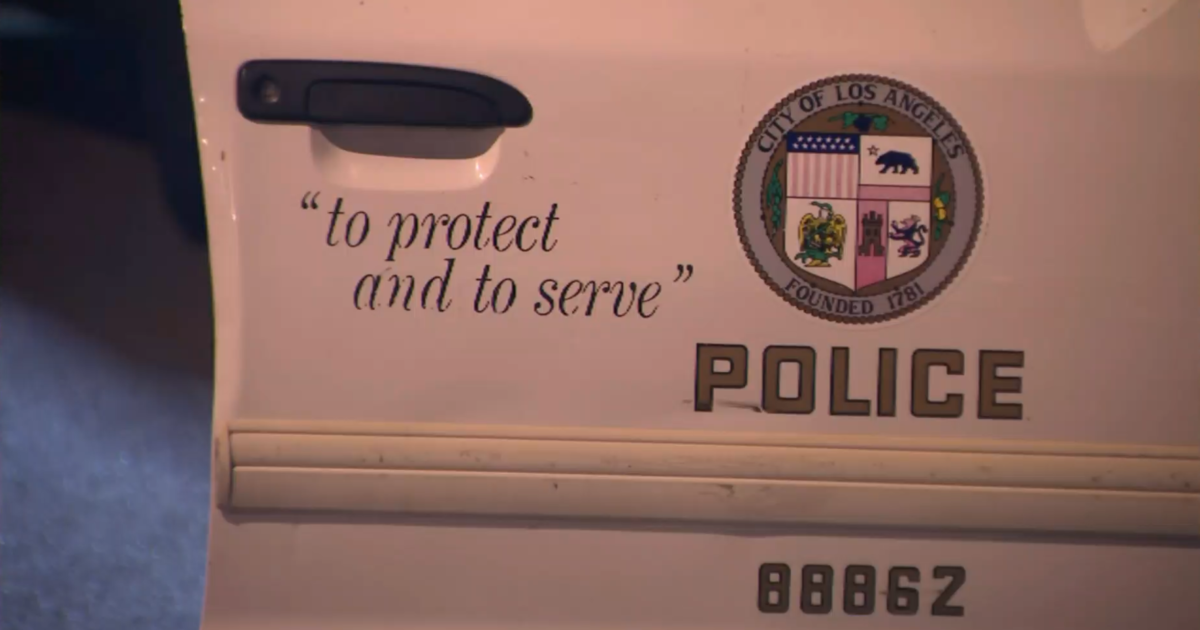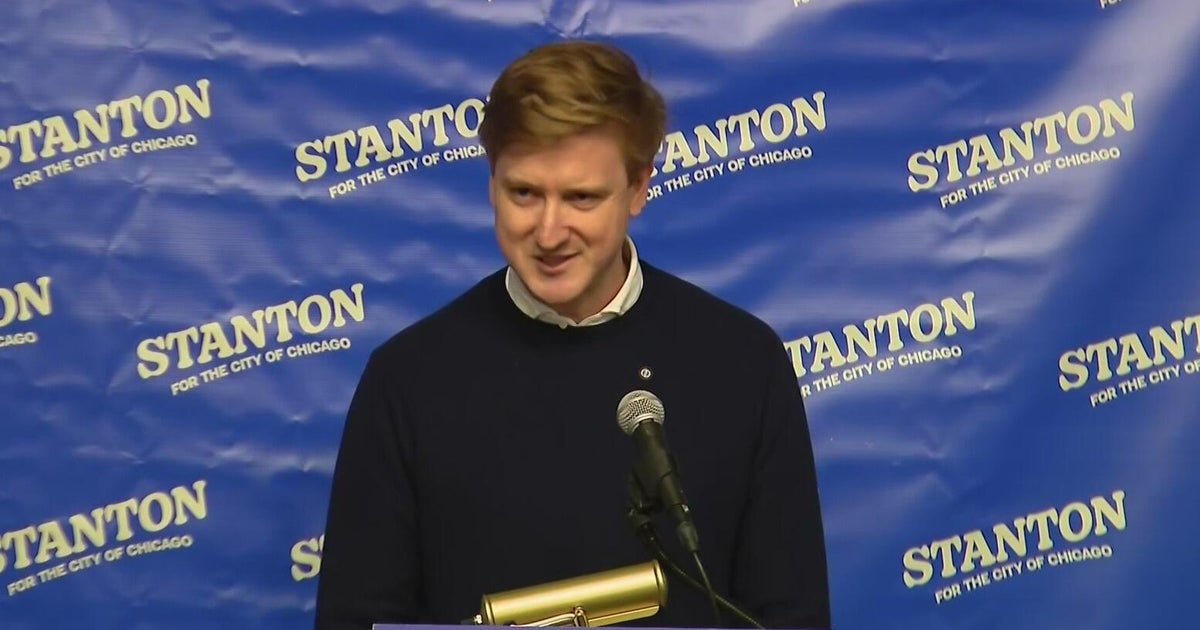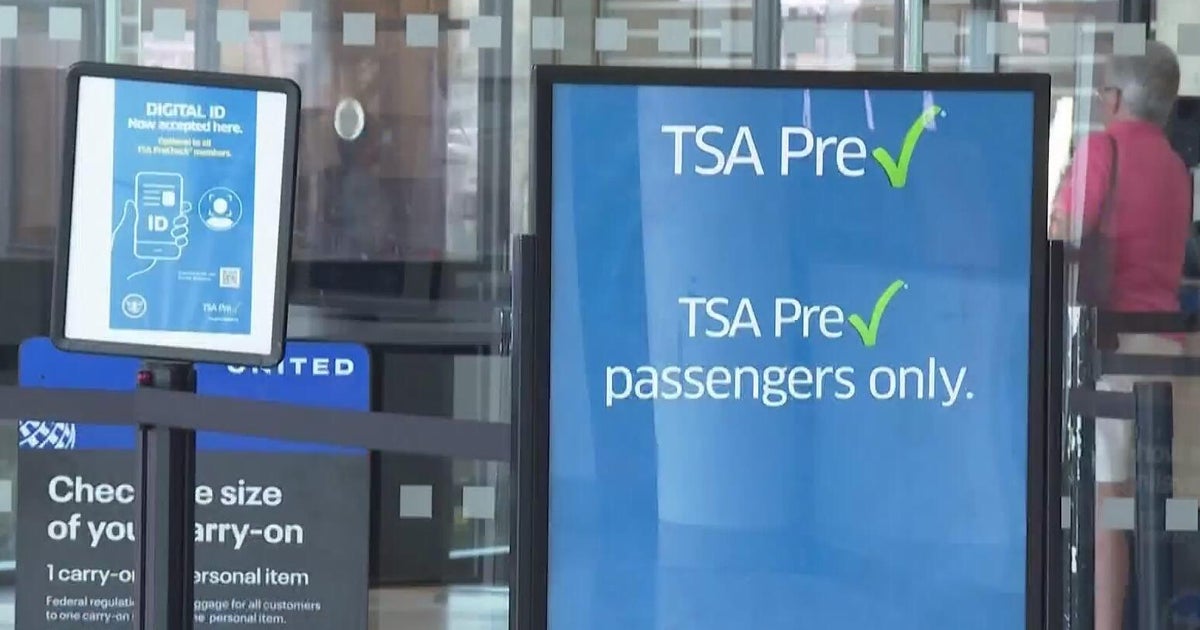New Poll: Ted Cruz Leads Beto O'Rourke By 9 Points In Senate Race
NORTH TEXAS (CBSDFW.COM) — A new poll released by Quinnipiac University shows Democratic Senate candidate Beto O'Rourke trailing Texas Sen. Ted Cruz by nine points.
O'Rourke has been behind Cruz in most recent polls. Although an NBC News/Marist College poll found him four points down earlier this month, a new Quinnipiac Poll has O'Rourke trailing with 45 percent support among likely voters to Cruz's 54 percent support. A recent CBS News Battleground Tracker poll was closer, with 44 percent support for O'Rourke and 50 percent for Cruz among likely voters.
"Is the Beto bubble bursting or just hissing away with a slow leak? With less than four weeks until Election Day, Congressman Beto O'Rourke has hit a wall and remains the same nine points behind Sen. Ted Cruz as he was when Quinnipiac University polled the race last month," said Peter A. Brown, assistant director of the Quinnipiac University Poll.
The Quinnipiac survey consisted of 23 percent Democratic respondents, 35 percent Republican, and 35 percent independent.
While the leaders margin in the Quinnipiac poll has remained the same, the gender gap has widened a bit. Th poll has men backing Cruz 62 - 37 percent as women support O'Rourke 52 - 46 percent.
The Quinnipiac poll has Cruz with an overall 52 - 44 percent favorability rating and O'Rourke with a divided 45 - 47 percent favorability rating.
Despite much adulation from liberals and magazine writers, O'Rourke, the congressman from El Paso, faces serious hurdles in his struggle to defeat Cruz. However, despite President Trump's nearly 10-point margin of victory in 2016 and Cruz's 16-point win in 2012, the buzz around O'Rourke is loud enough to suggest that the conservative incumbent may be in trouble.
According to the Quinnipiac poll -- that surveyed 730 likely Texas voters between Oct. 3 and 9, with a 4.4 percent margin of error -- 26 percent of Texans said immigration is the most important issue in their U.S. Senate vote. The economy is the most important issue for 19 percent of likely voters, 17 percent cite health care as tops and 16 percent point to the U.S. Supreme Court.
Early voting begins October 22.

